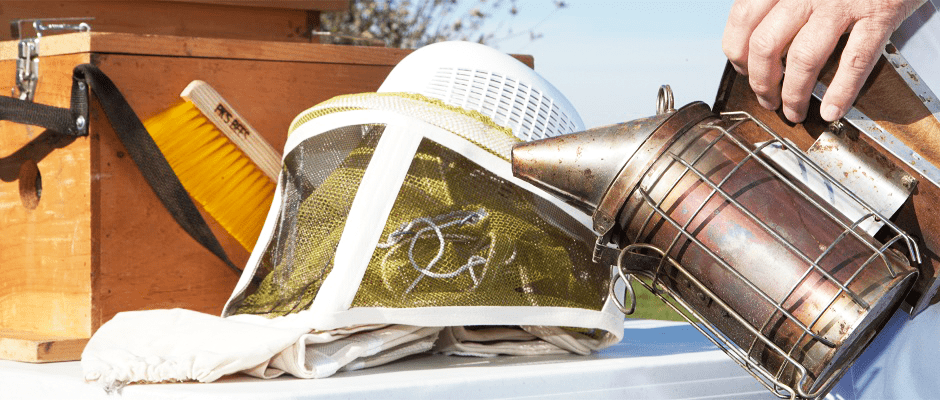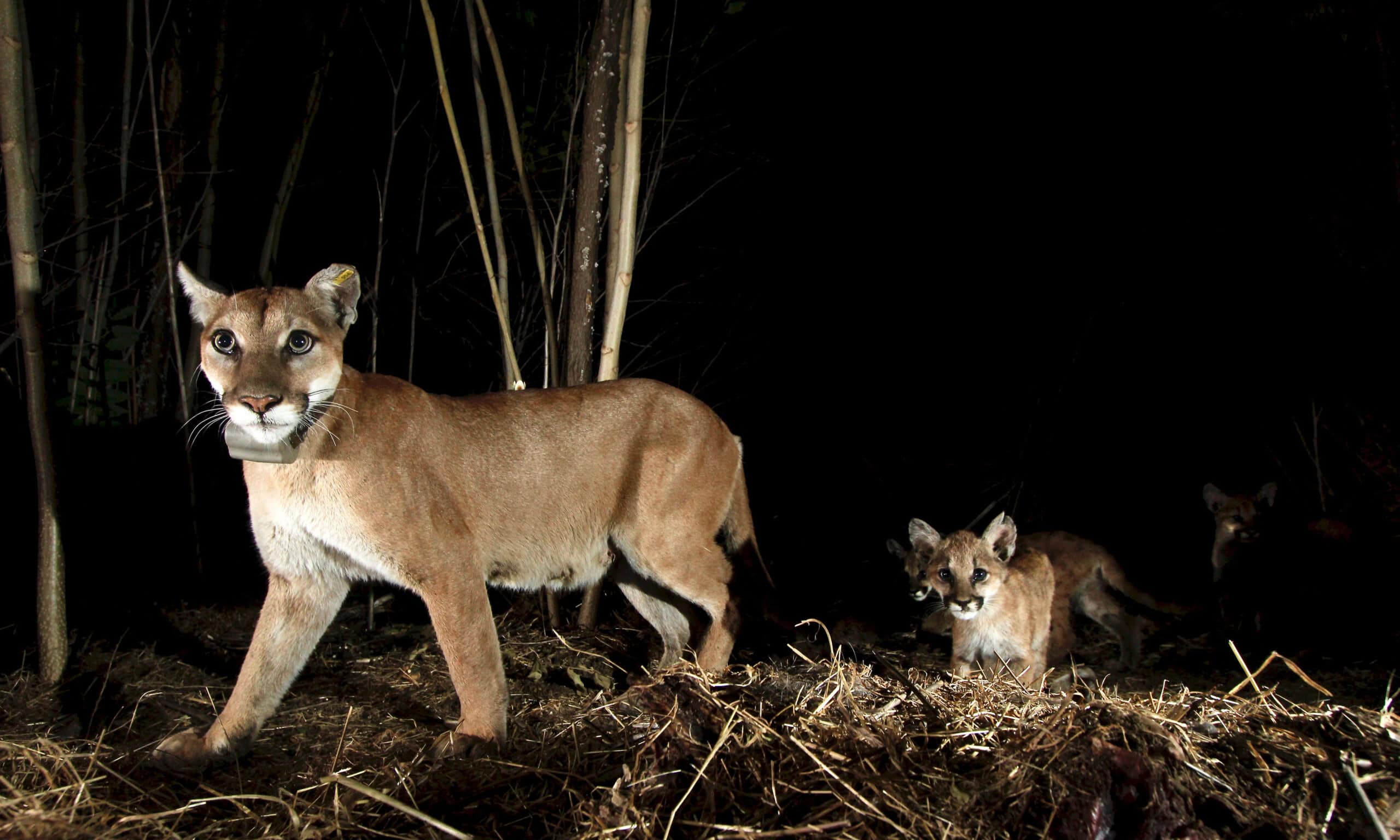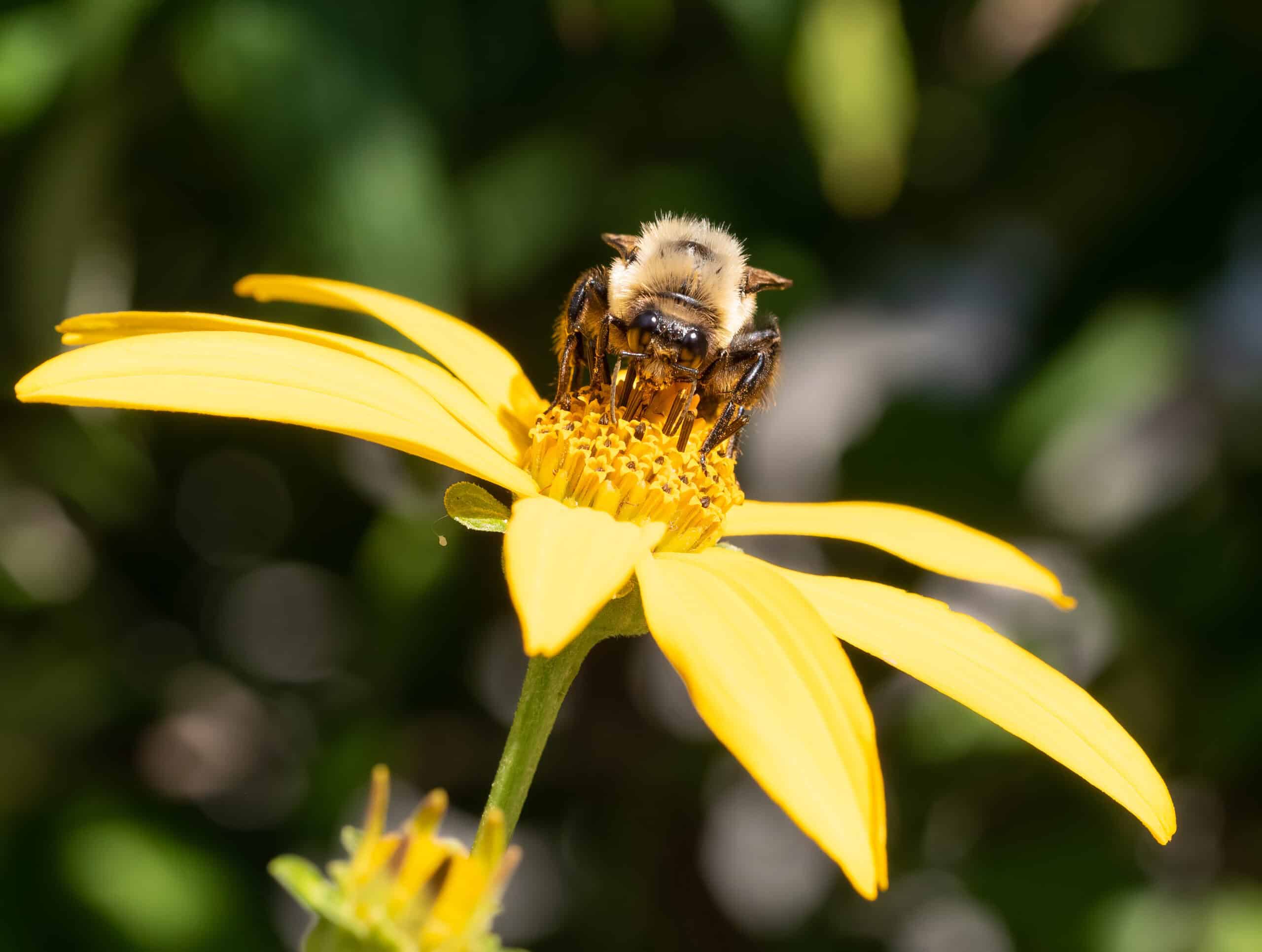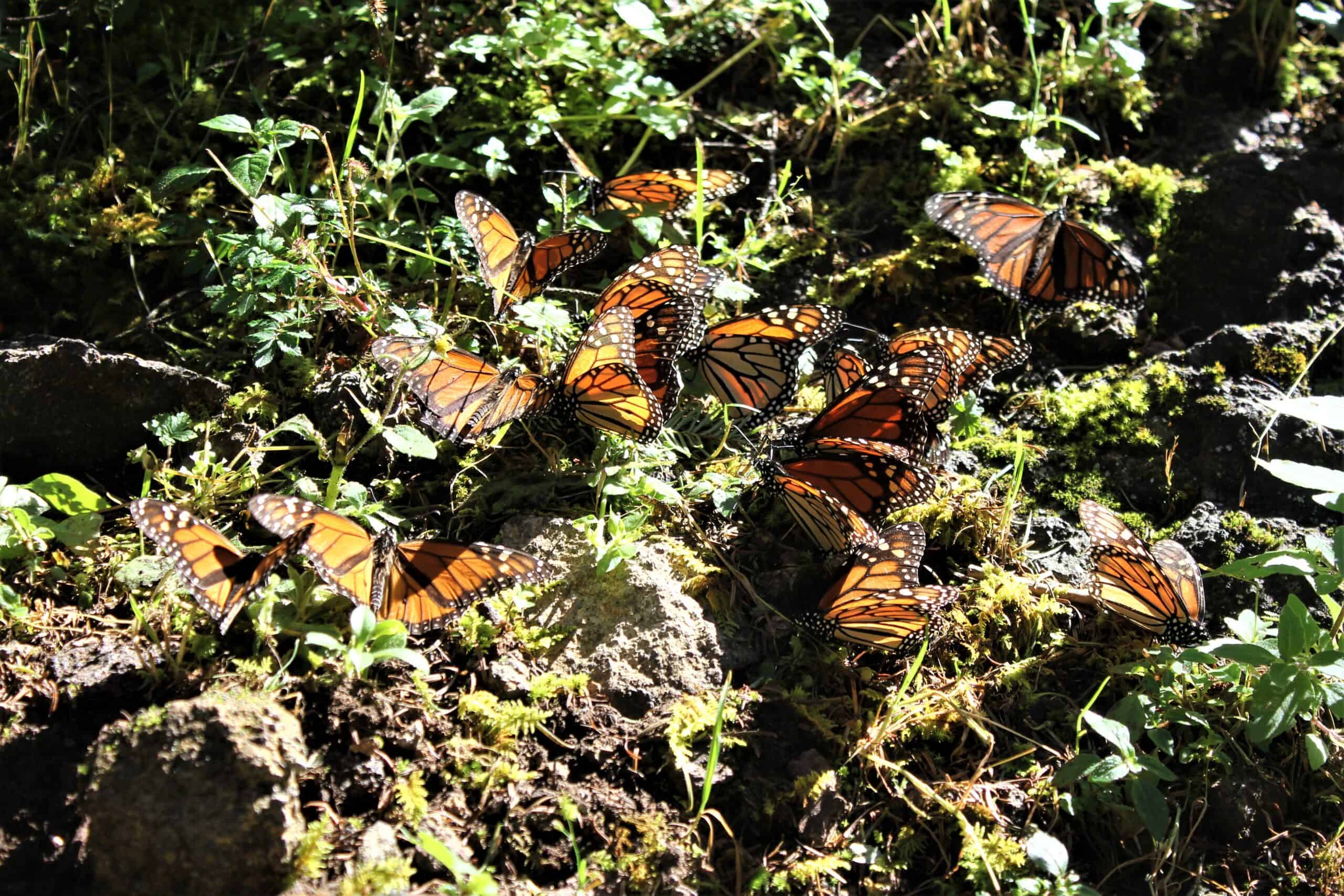Share this article
Restoring resources for pollinators: A collaborative approach
The Southern High Plains of the U.S. is an area of intensive agricultural production where the majority of cotton in the U.S. is produced in addition to a variety of other crops such as pumpkins, wheat, corn, sorghum, sunflowers, apples, cucumbers and peanuts.
Major habitat modification as a result of agricultural production has led to the region being a highlighted area of potential pollinator mismatches in the U.S. (Koh et al. 2016), indicating that pollinators and their role in pollination services could be affected. Crops such as pumpkins, cucumbers, watermelons and apples could be especially impacted by pollinator shortfalls, and recently cotton production has even been shown to benefit from greater abundances and diversity of wild bees and wild habitat surrounding farms (Cusser et al. 2016).
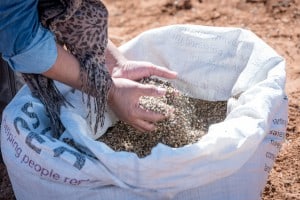 In 2015, researchers at Texas Tech University received a USDA Conservation Innovation Grant (CIG) to demonstrate pollinator conservation practices on farms and to conduct on-farm research regarding how changes in floral resources affect pollinators among agriculturally dominant landscapes. In 2016, farms were visited seasonally on three occasions to collect pollinators to document existing conditions of both pollinator communities and their habitat. Seven farms were selected to establish pollinator habitat demonstrations using seed mixes containing forbs and native grasses. Following the establishment of pollinator habitat demonstrations on farms, the next steps will involve determining plant growth among upland- and playa-associated plots and determining local and landscape factors influencing pollinator abundances and diversity.
In 2015, researchers at Texas Tech University received a USDA Conservation Innovation Grant (CIG) to demonstrate pollinator conservation practices on farms and to conduct on-farm research regarding how changes in floral resources affect pollinators among agriculturally dominant landscapes. In 2016, farms were visited seasonally on three occasions to collect pollinators to document existing conditions of both pollinator communities and their habitat. Seven farms were selected to establish pollinator habitat demonstrations using seed mixes containing forbs and native grasses. Following the establishment of pollinator habitat demonstrations on farms, the next steps will involve determining plant growth among upland- and playa-associated plots and determining local and landscape factors influencing pollinator abundances and diversity.
As part of these research efforts, pollinator habitat demonstration plots were established in 2016 at the Plant and Soil Science Quaker Avenue Research Farm at Texas Tech University. A key partner in establishing these plots was the Bayer Bee Care Program, which provided 100 lbs of the Bee Happy wildflower seed mix from Native American Seed Company. These activities were part of a National Pollinator Planting event led by the Bayer Feed a Bee program and The Wildlife Society, with Texas Tech University being one of four 2016 participants in this National Pollinator Planting Tour. Prior to this event, The Department of Plant and Soil Science at Texas Tech became an official partner with the Bayer Feed a Bee program in 2015, where seed supplied by Bayer Feed a Bee Program has been used for involving community volunteers in establishing pollinator habitat across the city of Lubbock, Texas.
During the Bayer Feed a Bee National Pollinator Planting Event at Texas Tech, volunteers distributed seed by hand across a 1.5-acre conventional plot (i.e. herbicide applications to control weeds), and an additional pollinator meadow was established on a 2.5-acre plot using a seed drill. Seed in the large plot was drilled into no-till soil that had been seeded in June 2016 with a mix of five native grass species. This plot did not undergo any herbicide applications to control weeds, but instead relied on a regime of shredding to control invasive weeds. Across both plots, plant growth will be monitored and compared across contrasting subsurface irrigation zones.
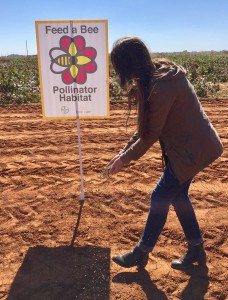 In addition to these research activities, graduate students within the Department of Plant and Soil Science at Texas Tech are conducting related research on the following: (1) foraging interactions of wild bees and managed honey bees, (2) plant attractiveness to pollinators, (3) cavity nesting bee ecology, (4) pollinator biodiversity and community patterns in agricultural landscapes, and (5) urban pollinator ecology. Information produced from these studies will provide a foundation to further investigate applications of pollinators in agricultural production in the region as well as a monitoring framework to assess long-term trends in pollinator communities. An additional main goal is to increase the adoption of pollinator conservation practices by agricultural producers in the region. Protecting our native bees for both provision of pollination services and for sustaining biodiversity is a goal that should be shared by all stakeholders. In a region such as the Southern High Plains where agricultural production is high and landscapes are managed intensively, collaboration among researchers, farmers and programs such as Bayer Bee Care is vital in moving towards the goal of protecting pollinator communities.
In addition to these research activities, graduate students within the Department of Plant and Soil Science at Texas Tech are conducting related research on the following: (1) foraging interactions of wild bees and managed honey bees, (2) plant attractiveness to pollinators, (3) cavity nesting bee ecology, (4) pollinator biodiversity and community patterns in agricultural landscapes, and (5) urban pollinator ecology. Information produced from these studies will provide a foundation to further investigate applications of pollinators in agricultural production in the region as well as a monitoring framework to assess long-term trends in pollinator communities. An additional main goal is to increase the adoption of pollinator conservation practices by agricultural producers in the region. Protecting our native bees for both provision of pollination services and for sustaining biodiversity is a goal that should be shared by all stakeholders. In a region such as the Southern High Plains where agricultural production is high and landscapes are managed intensively, collaboration among researchers, farmers and programs such as Bayer Bee Care is vital in moving towards the goal of protecting pollinator communities.



